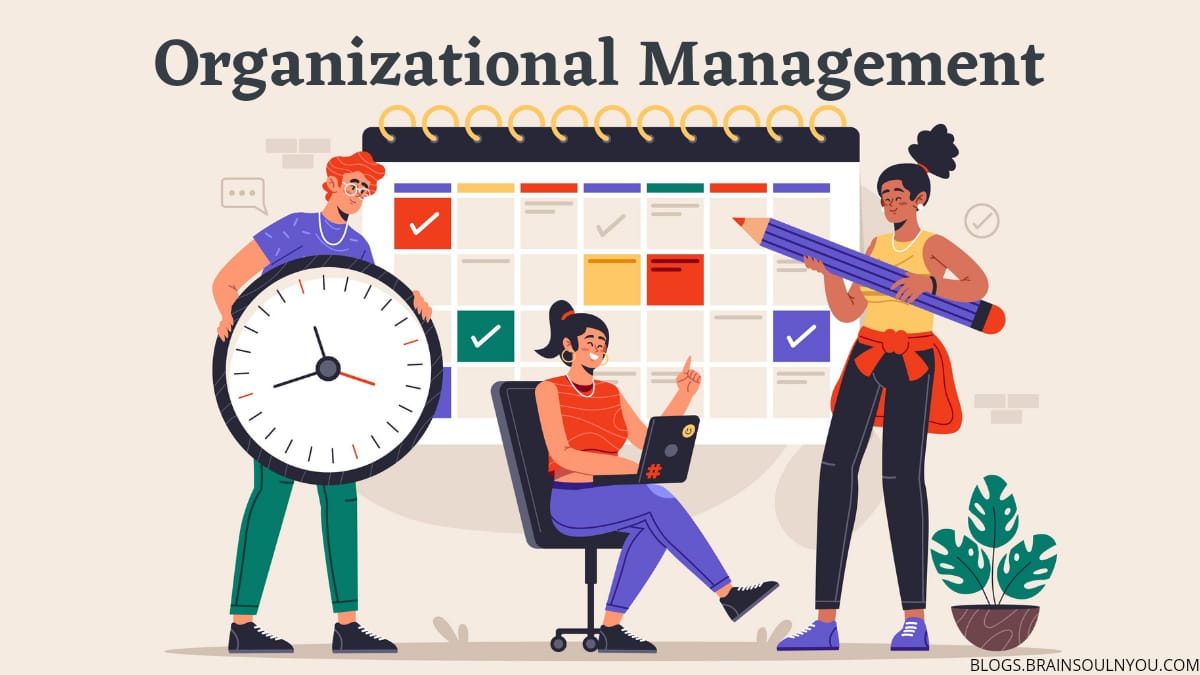Organizational Management in the business world is often understood to mean achieving maximum productivity. But, it can be both humanity and productivity.
At one point, American companies were lagging behind the Japanese. Japanese companies were ahead in terms of production, job satisfaction, employee loyalty, etc. William Ouchi, then a US citizen of Japanese roots, wrote a book in 1981, Theory Z: How American Businesses Can Meet the Japanese Challenge, explaining Japanese company management. In this, the methodology and management policy of Japanese companies was named Theory Z.
What is Theory Z?
Theory Z is a name for various theories of human motivation built on Douglas McGregor’s Theory X and Theory Y. Different versions of Theory X, Y and Z have been used in Organizational Management. Organizational Management includes organizational behavior, organizational communication, and organizational development.

Theory Z sheds light on the two-way relationship between company and employee. In Japan, the company and its management take full care of the employees. They take care of their training and overall development and also helps in creating their work-life balance. On the other hand, employees are loyal to their company and work with full responsibility and dedication. Their many employees spend their whole life in the same company. This may be surprising to the rest of the world, but normal to the Japanese.
Theory Z states that man does not just want economic progress. It also needs protection, encouragement, and involvement. Being human beings, workplaces/companies also have human tendencies, so position and money alone may not be enough motivation. The rest of the world also understood this and through human resource management, a more human face of institutions has come to the fore.
Just remember how fifty workers volunteered to risk their lives in the cleanup of a tsunami-ravaged nuclear reactor, despite the danger of radiation.
Principles of Theory Z for Organizational Management
Collective decision making – That is, decisions are not imposed from above, there is participation and consent at every level. This allows the employee to consider himself a part of the organization.
long term employment – Employee gets job guarantee, which motivates him to have a commitment to the organization and work to his full potential.
Overall growth: While specialization is emphasized all over the world, in Japan the role of employees varies. This helps him to understand all the aspects of the work. Along with this, he is also specialized in one or two things of his interest and nature.
Late Promotion: Employees get late promotions in Japan. After a tenure of seven to eight years. This gives them enough time to understand and prepare for the job.
Focus on training: Training enhances the talent of the employees, which ultimately benefits the company and overall improves the capability of the country as a whole. This thing is like two-way loyalty and care.
Take care of the personal life of the employee: The relationship between the company and the employee is not only for 8 hours. The company should also care about his personal life.
Love,
Saurabh Goel
Read more on Smart Goal Setting, The Ultimate Guide to Self-Improvement

